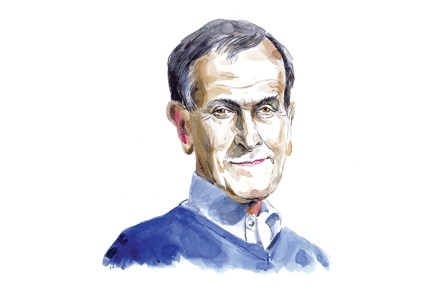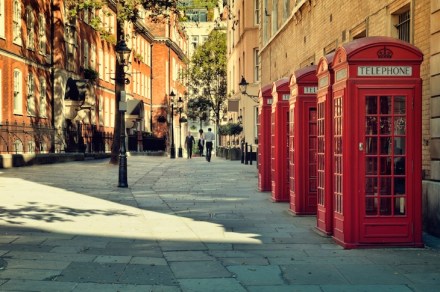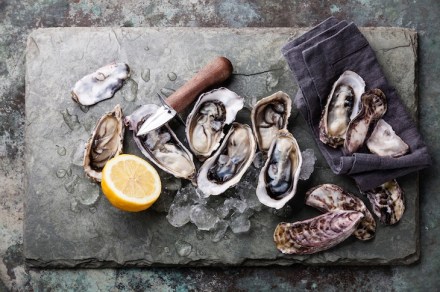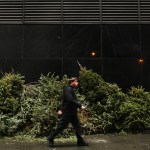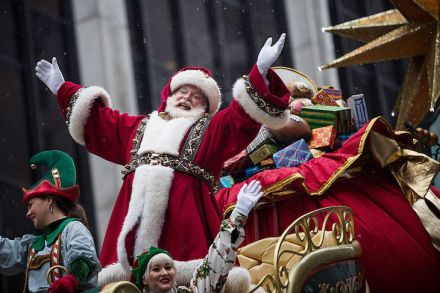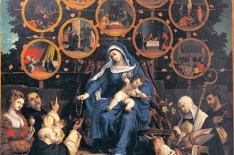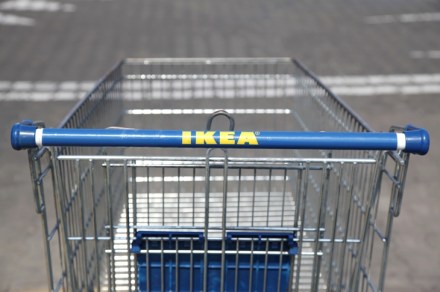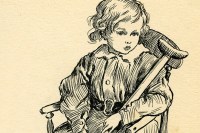‘We’re all travelling together’
‘But what must it be like for the fish?’ We’re talking about cormorants, Neil MacGregor and I, and the spectacular way they dive for food, when he pauses to consider the situation from the perspective of a fish. ‘I mean just think, there you are swimming along with lots of chums and then suddenly there’s this great whoosh and the chum next to you has just disappeared! He’s vanished! And of course you can’t see the cause of it.’ MacGregor tilts his head. The sunlight in the offices of Penguin on the Strand seems to condense to a point in his eye. ‘Can you imagine it?’ he says. I can’t.
